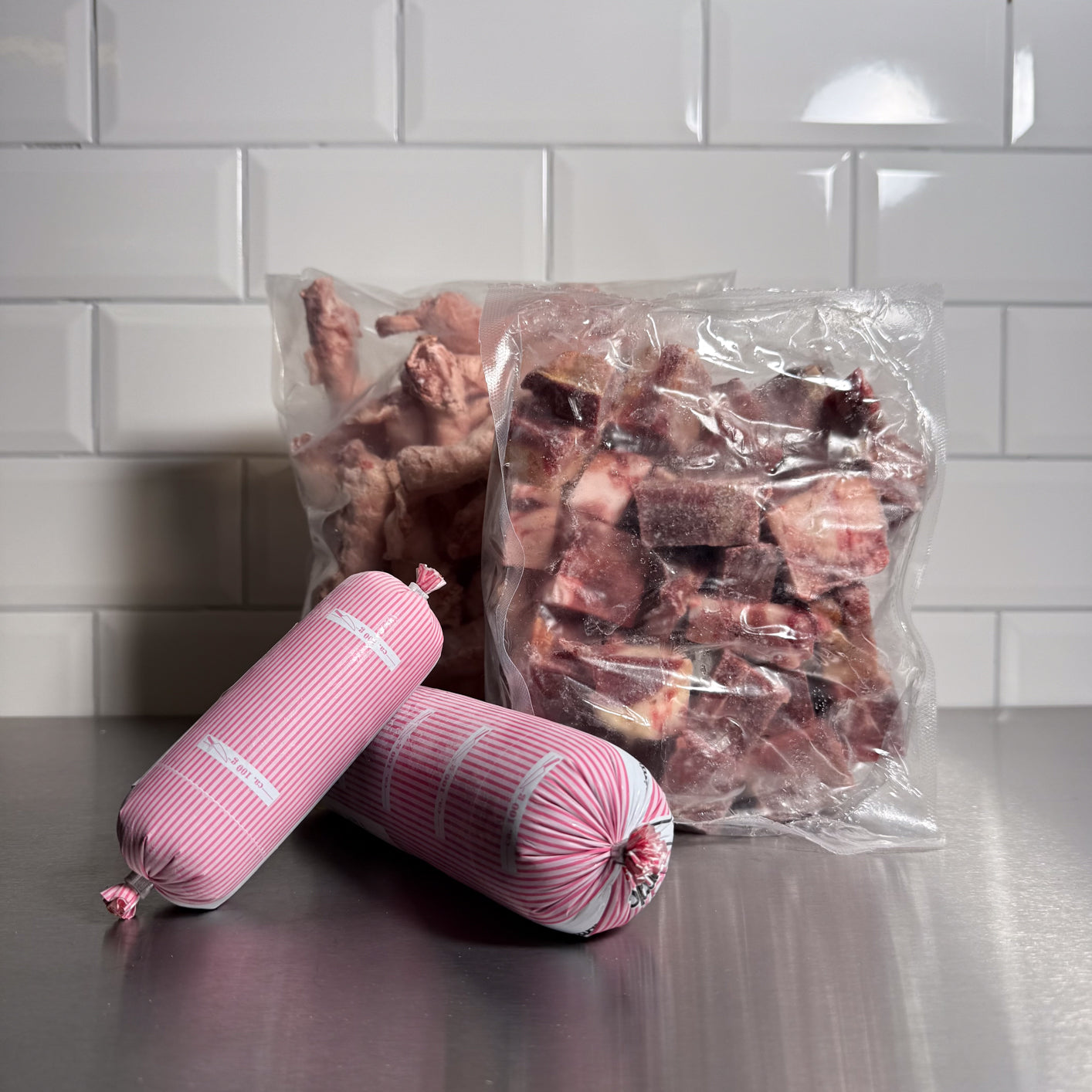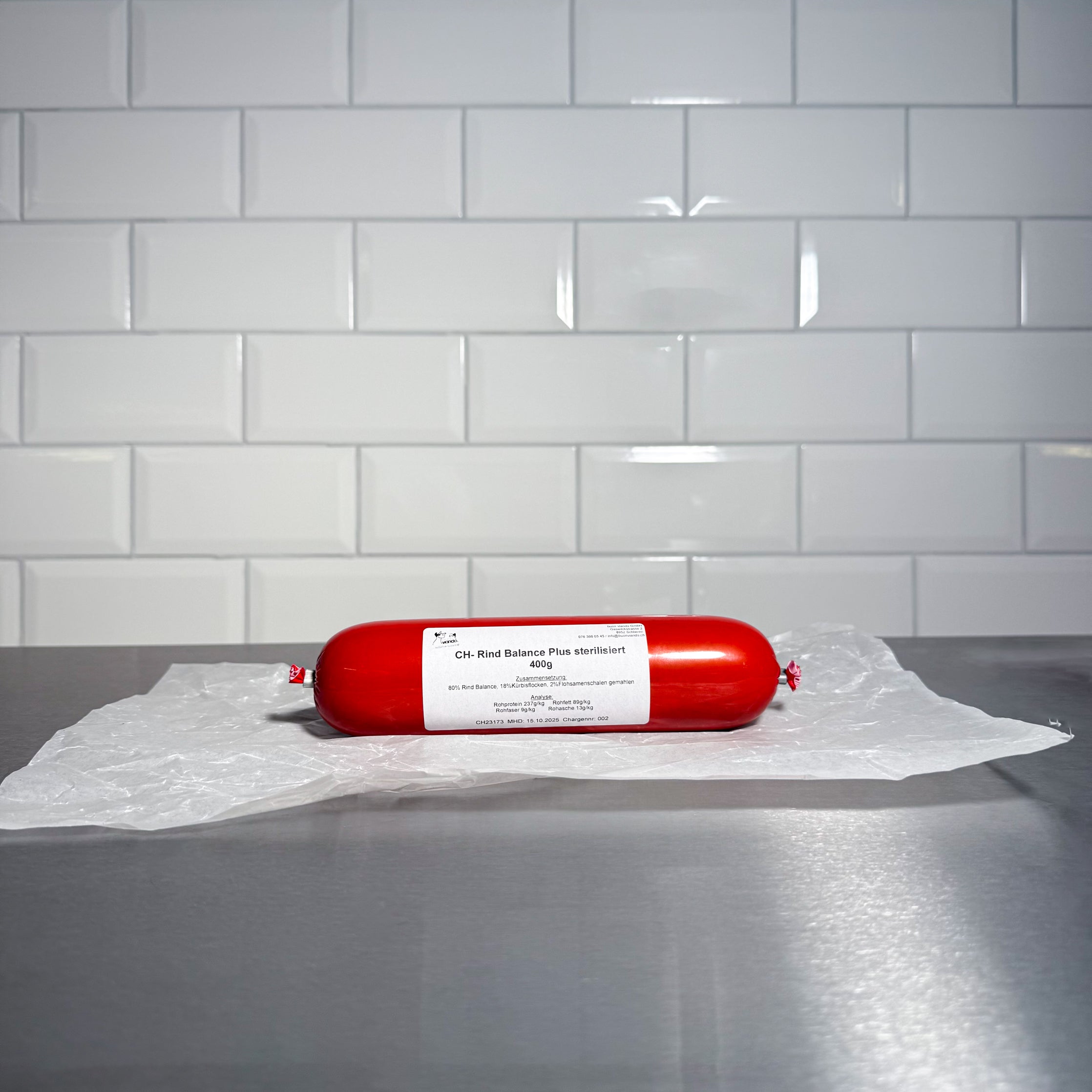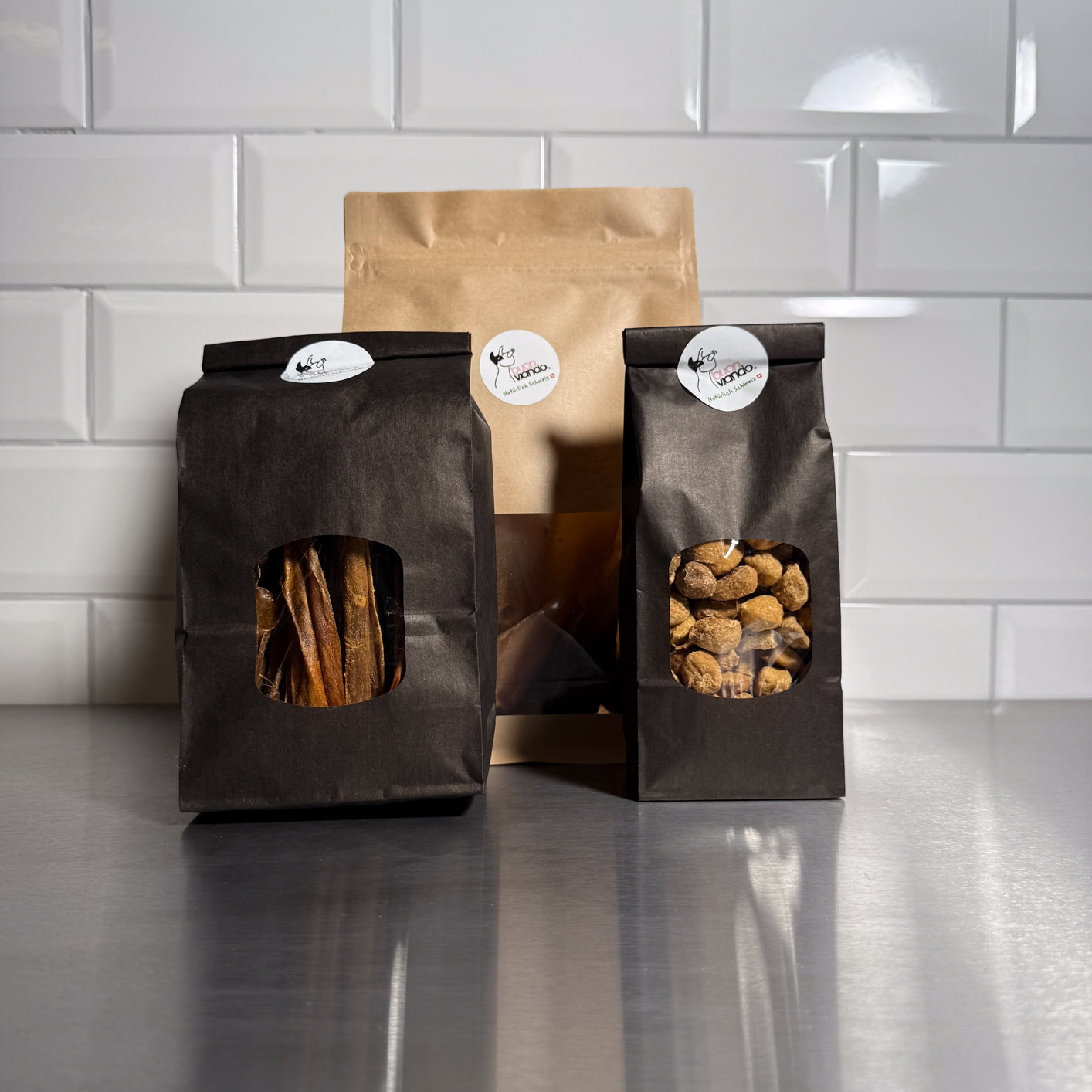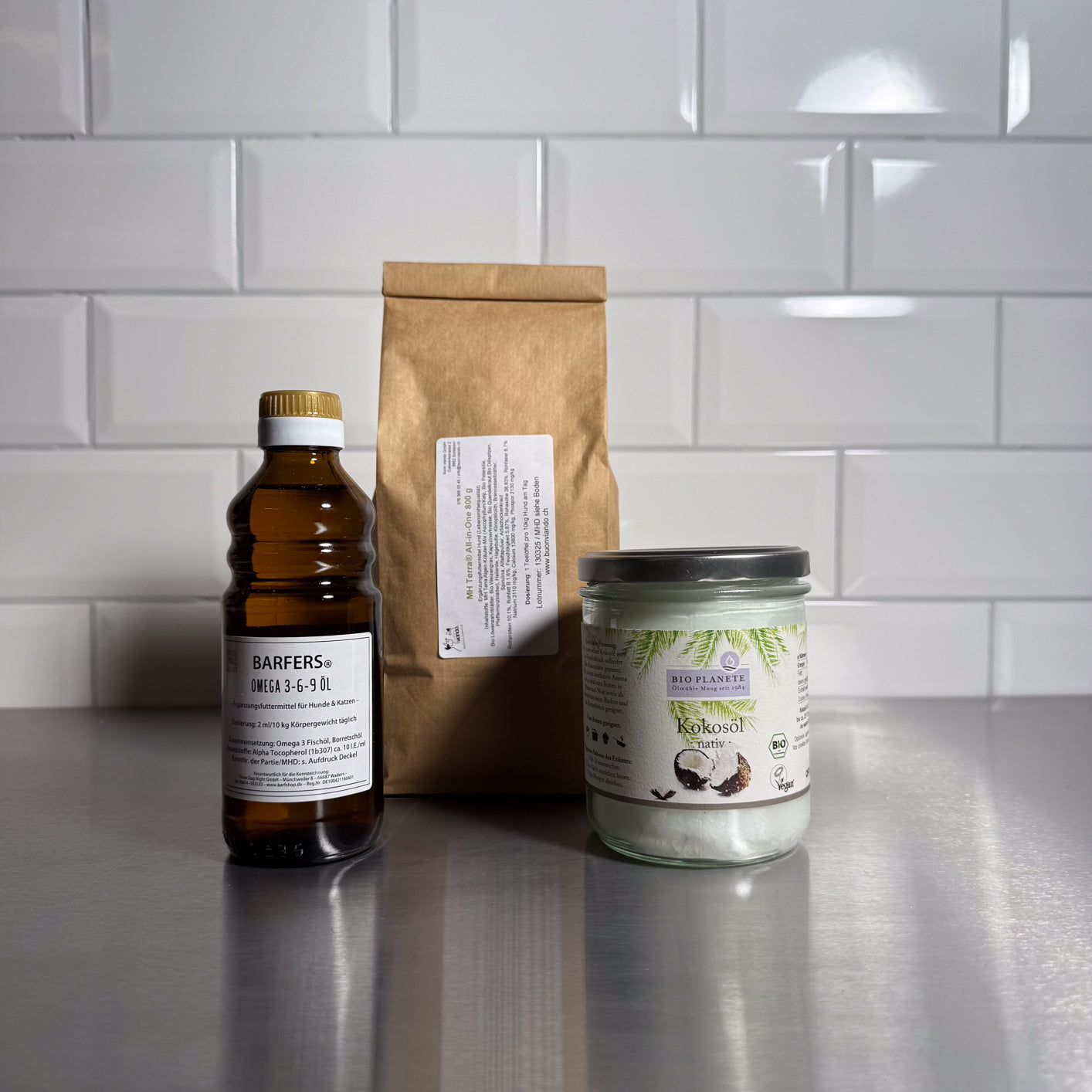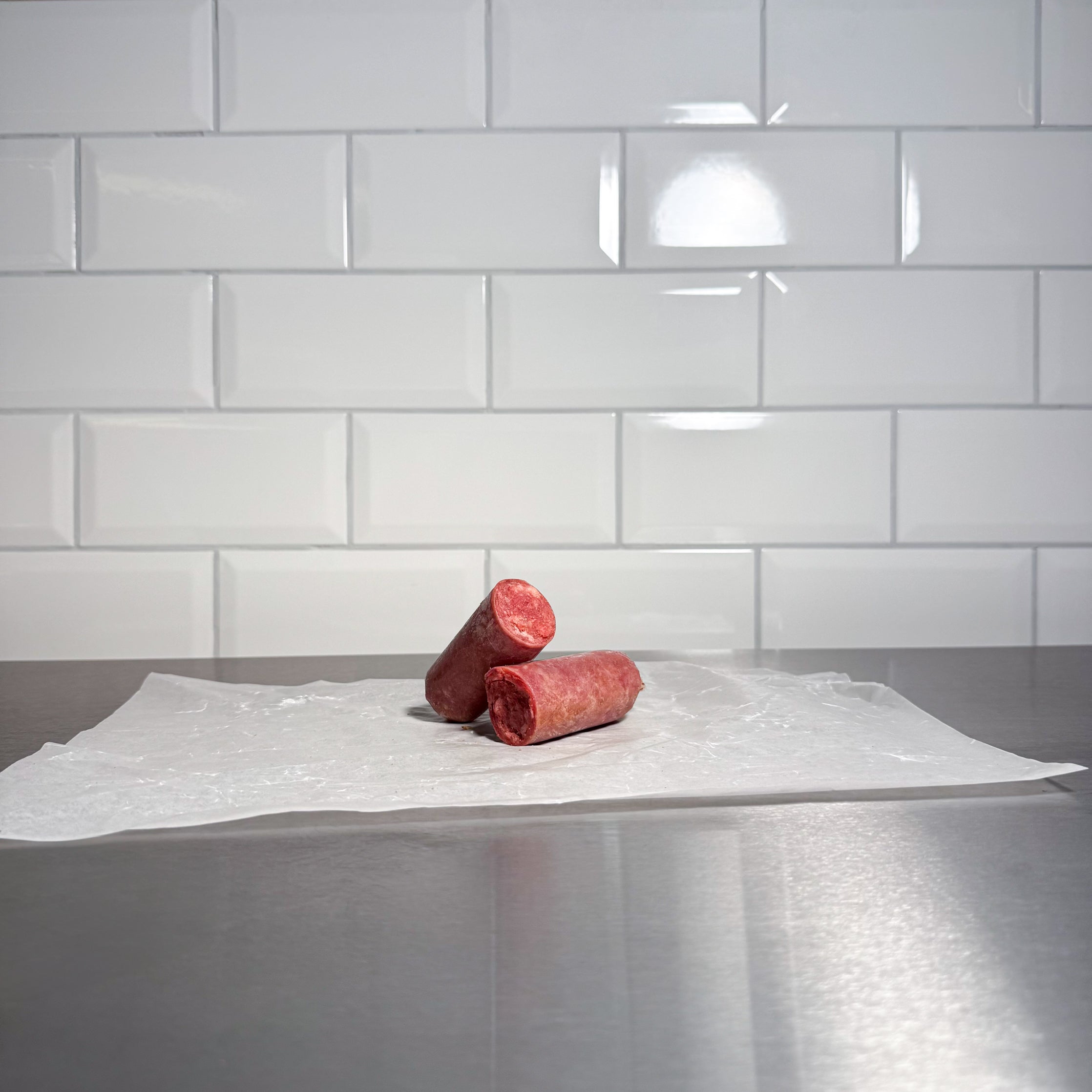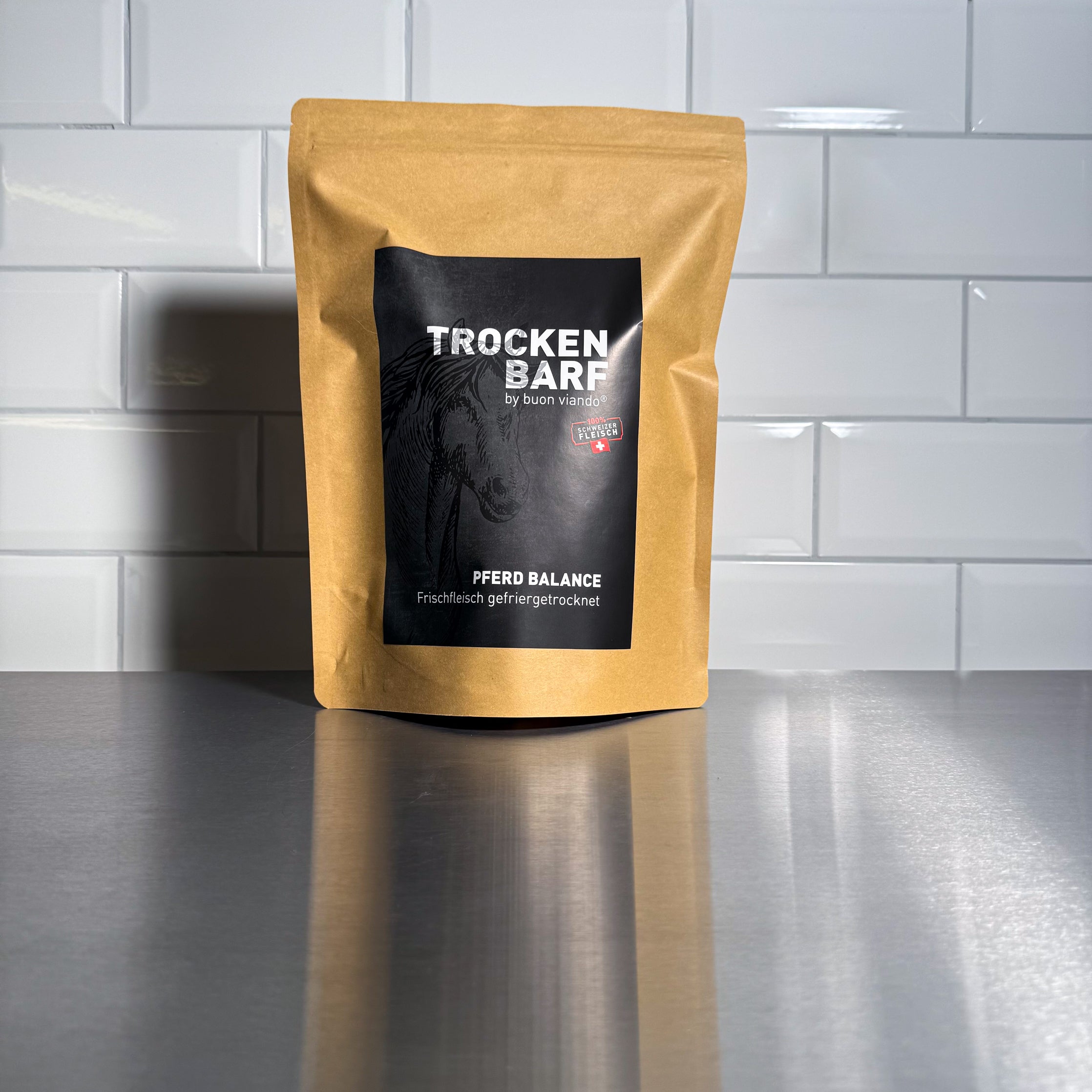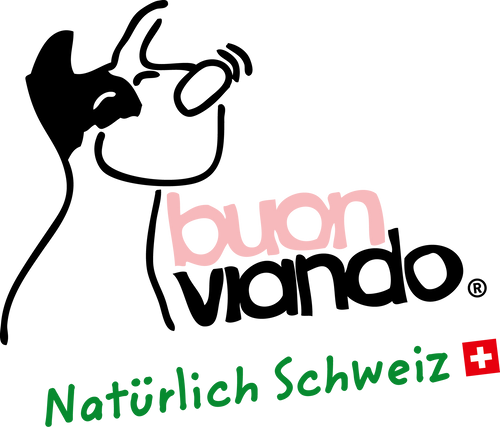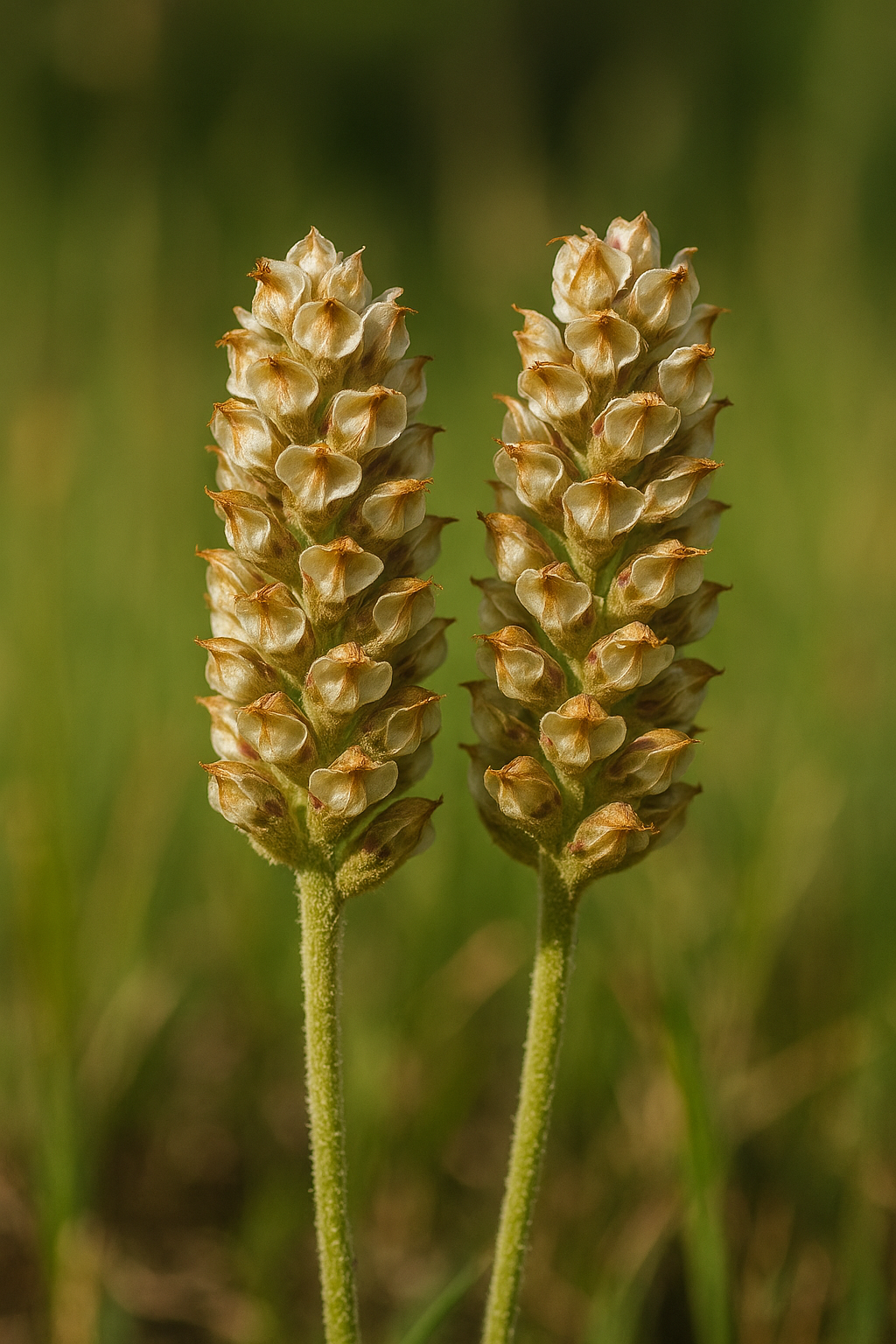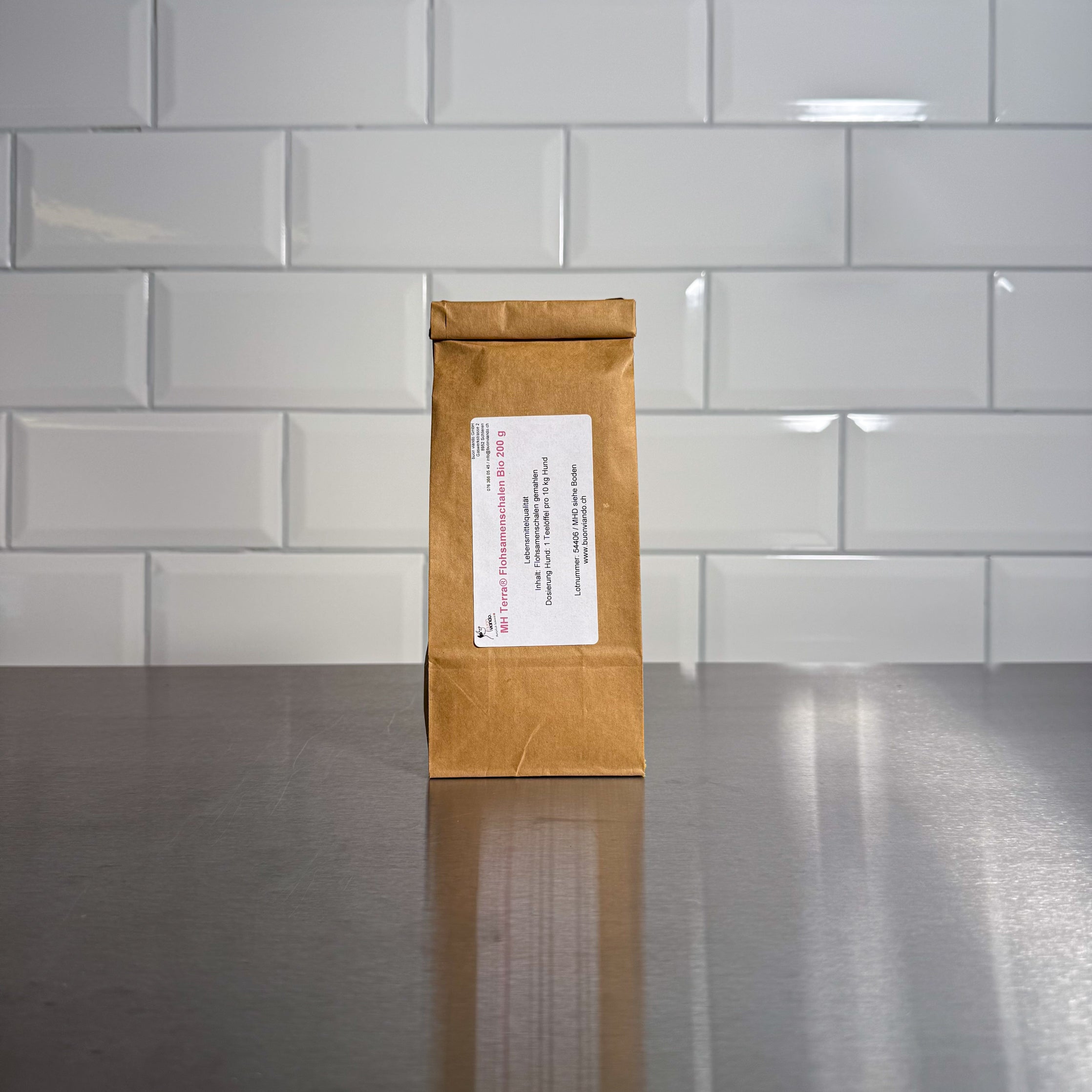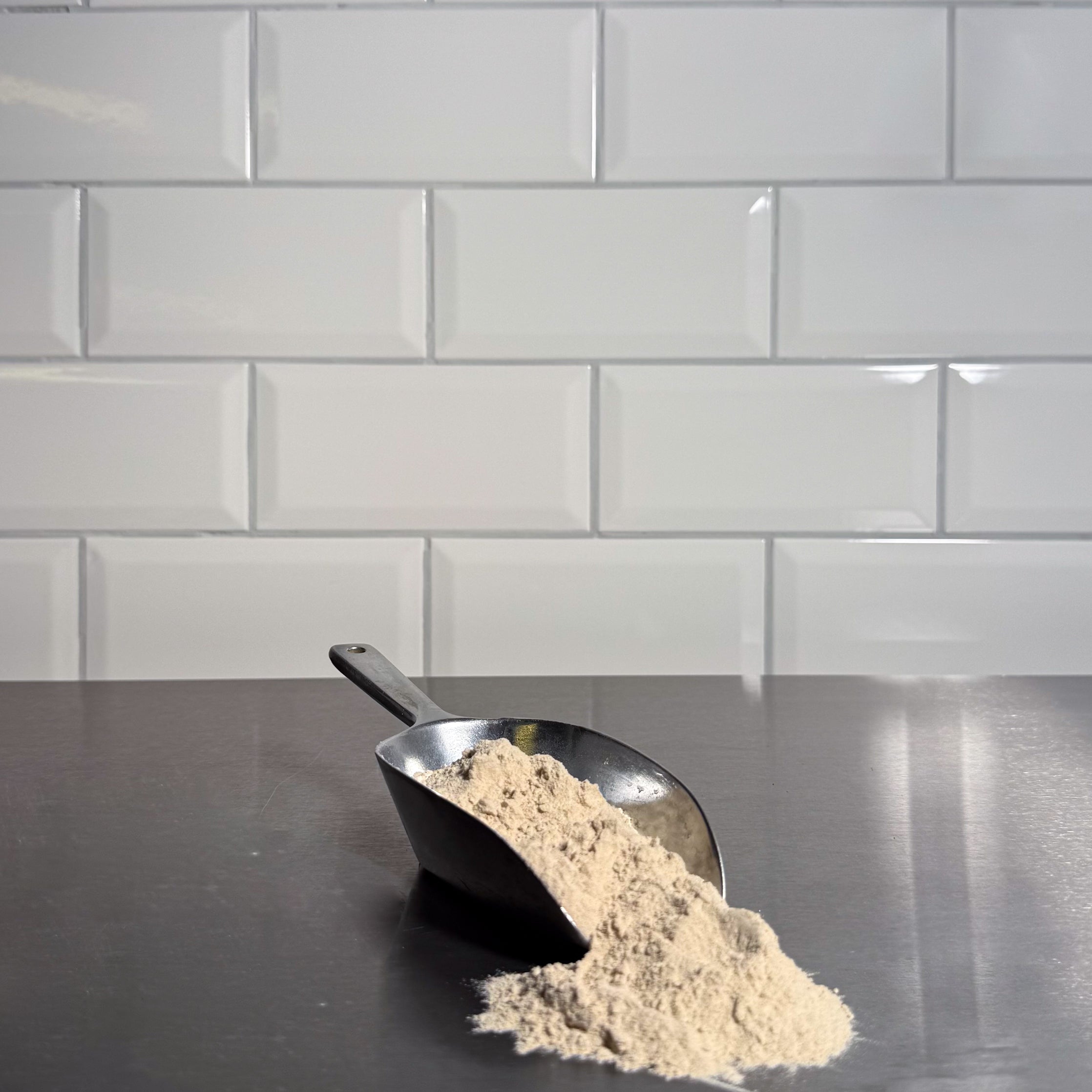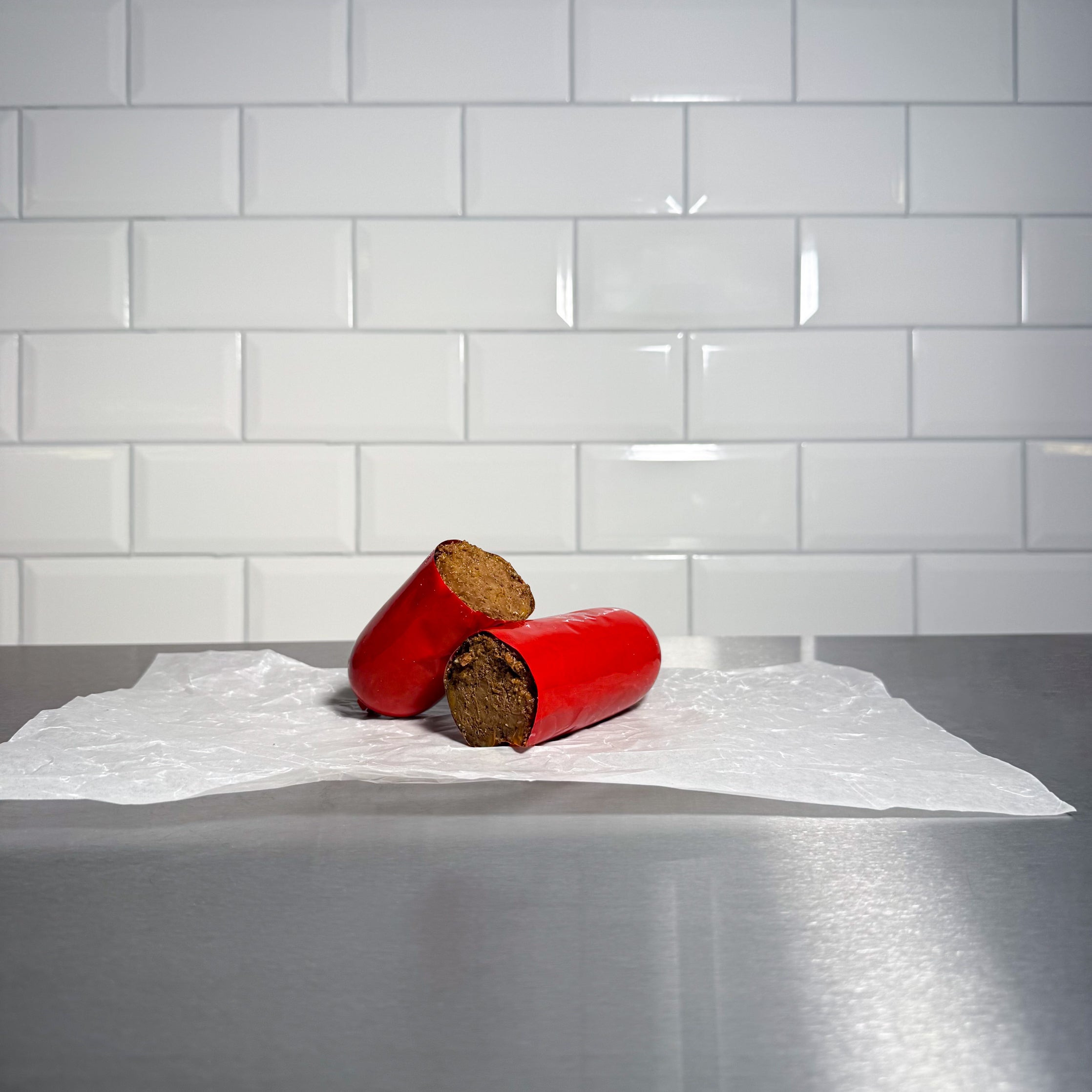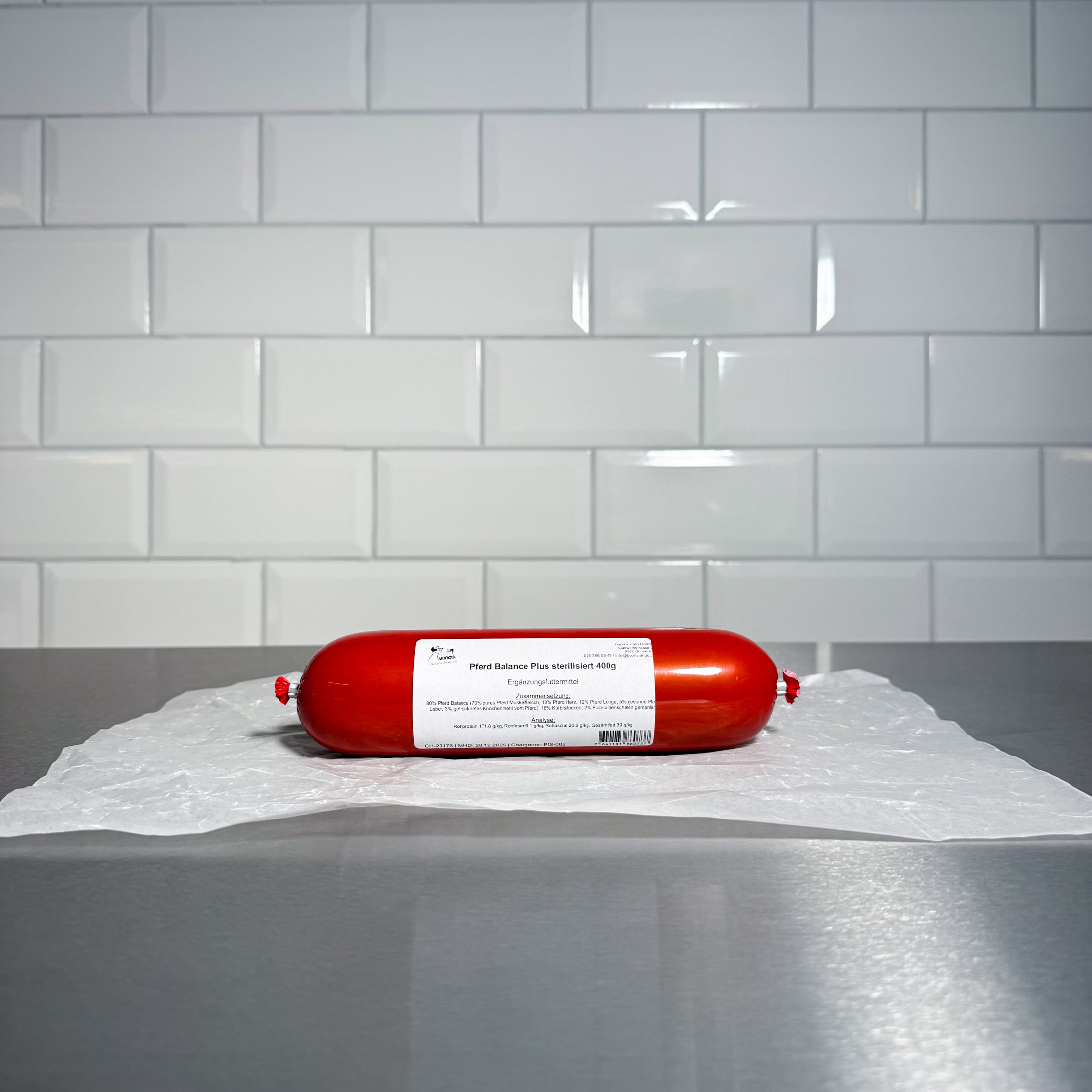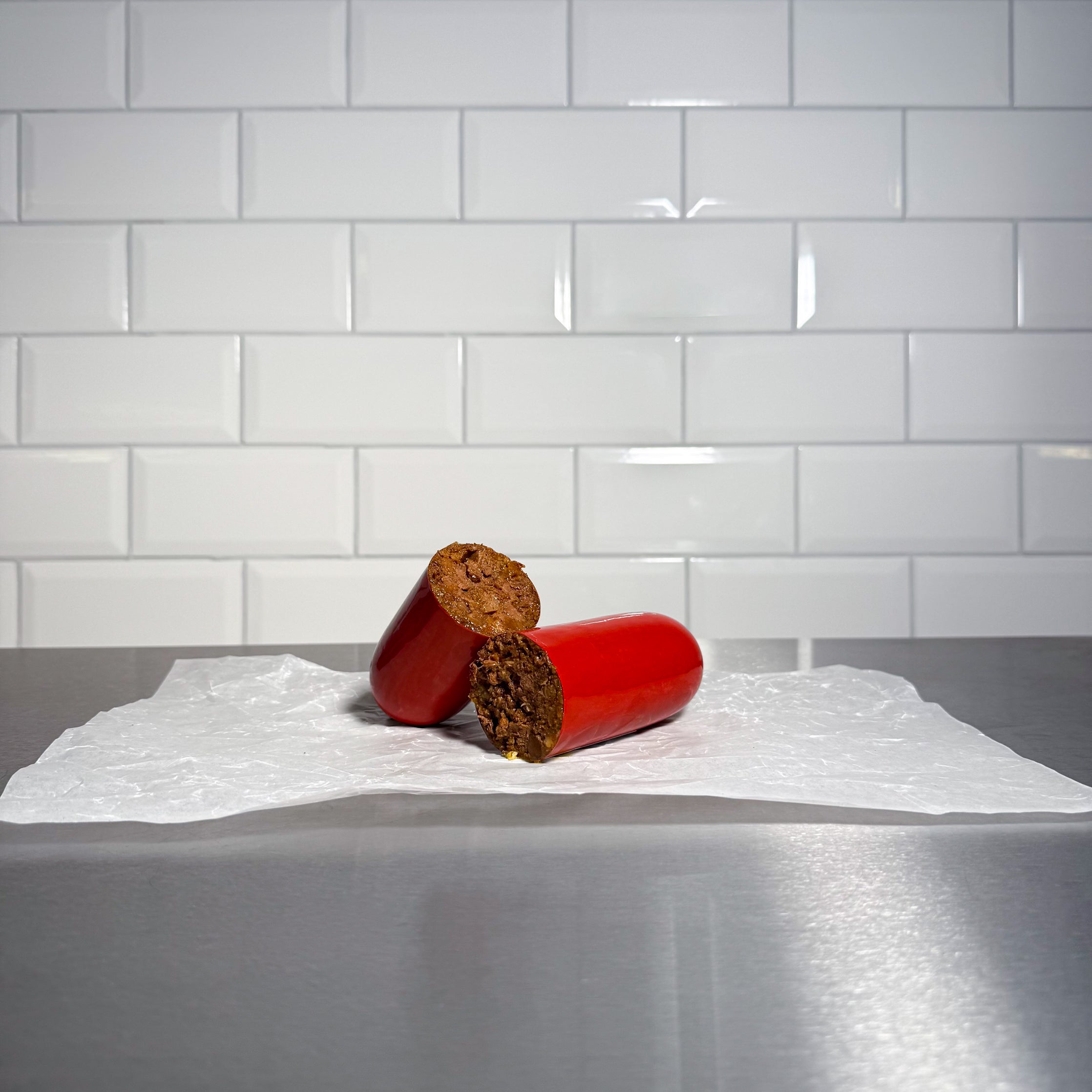Psyllium husks are considered one of the most proven natural remedies for supporting digestion – in both dogs and cats. Their effect is versatile, gentle, and reliable. Whether for soft or hard stools, for regulating anal glands, or as a plant-based fiber substitute in a BARF diet: psyllium husks are true all-rounders.
What are psyllium husks?
Psyllium husks are not to be confused with whole psyllium seeds: While psyllium seeds contain the entire seed, including the kernel, psyllium husks consist exclusively of the outer shell – the fiber-rich part of the plant. This is precisely the crucial difference: psyllium husks have a significantly higher fiber content and a much more pronounced swelling capacity.
This property makes them particularly effective for supporting digestion – but also requires careful use. Psyllium husks must be thoroughly soaked before feeding to prevent them from absorbing too much fluid in the gastrointestinal tract. Feeding large amounts of dry psyllium husks can lead to painful constipation or, in the worst case, even intestinal obstruction.
Although in individual cases – for example, in cases of very soft stools – the administration of dry psyllium husks is recommended, this should only be done after consulting a veterinarian, animal health practitioner, or nutritionist. We strongly advise against administering dry psyllium husks as a general rule.
Use and Effects in Dogs
1. Digestive Regulation
Whether constipation or diarrhea occurs, psyllium husks can help normalize stools. They bind excess water in diarrhea and, in hard stools, improve lubrication thanks to the mucous substances they produce.
2. Anal Gland Problems
A common use in dogs is recurring problems with the anal glands. The increased stool volume and soft consistency increase the pressure on the anal glands during defecation, which can promote their emptying.
3. Gut Health
Psyllium husks have a prebiotic effect – they serve as food for the "good" gut bacteria and promote a healthy microbiome. They therefore make an important contribution to the gut flora and the immune system.
4. Satiety During Diets
Due to their high swelling volume, psyllium husks fill the stomach – without providing significant calories. Ideal for increasing the feeling of satiety during a diet without diluting the ration nutritionally.
5. Vegetable Substitute in the BARF Menu
Not every dog likes pureed vegetables. Psyllium husks can help supplement the fiber content without altering the taste or smell. Important: They do not replace the secondary plant substances found in vegetables, but they are a viable alternative when a dog refuses to eat.
Use in Cats
Cats also benefit from psyllium husks – especially for:
- Constipation or diarrhea
- Anal gland problems
- Irritable bowel syndrome
- Diabetes (blood sugar regulation)
- Tasteless fiber substitute
Important: Psyllium husks are tasteless and well-tolerated, making them ideal for sensitive cats. However, the same applies here: Do not overdose, always soak thoroughly, and introduce them slowly.
Conclusion: Gentle power for stomach and intestines
Whether for dogs or cats – psyllium husks offer a simple, effective, and well-tolerated way to support digestion, promote intestinal health, and relieve typical complaints such as anal gland problems, constipation, or diarrhea. They are particularly helpful in a BARF diet when vegetables are poorly tolerated. Correct use is important – thoroughly soaked and in the appropriate dosage.

